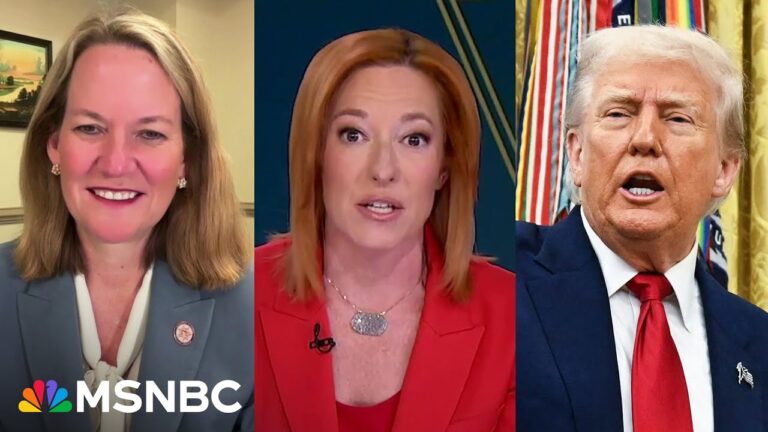Video at the bottom!
In a significant development regarding trade policy, a three-judge panel in New York has blocked nearly all of Donald Trump’s tariffs, delivering a potentially critical blow to his agenda. The ruling comes from the United States Court of International Trade, a specialized court that handles international trade issues. The panel, which included judges appointed by Reagan, Obama, and Trump, unanimously ruled that Trump’s tariffs are essentially illegal, asserting that he lacks the authority to impose such sweeping tariffs on his own.
The judges specifically evaluated the legality of Trump’s use of the International Emergency Economic Powers Act (IEEPA), which he cited when implementing these tariffs amid claims of national emergencies. In their ruling, they stated that the law does not grant the president unlimited authority to impose tariffs based solely on perceived threats.
This ruling not only halts future tariff implementations but also vacates all tariffs that have been collected up to this point, raising questions about how the administration will handle refunds and compliance with the court’s decision. Arizona Attorney General Chris Mayes, who co-led the legal challenge against these tariffs, described the ruling as a significant victory for American consumers and small businesses, who have been adversely affected by these trade policies.
Mayes emphasized the importance of the ruling, pointing out that the president does not possess unilateral power to determine tariff policies or cite national emergencies without Congressional approval. He expressed hopes that the ruling would prompt the administration to respect the judicial branch and adhere to the court’s decision, avoiding further legal disputes.
Following the ruling, the Trump administration has signaled its intent to appeal, and the AGs involved are preparing for potential further legal action. The ongoing discourse reflects a broader tension between the executive and judicial branches regarding the extent of presidential power in trade matters and the impact of tariffs on consumers and businesses across the nation.


